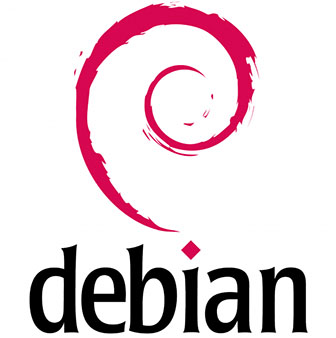
Debian, a widely used and respected Linux distribution, is known for its stability, security, and versatility. Whether you’re a system administrator, developer, or casual user, understanding your Debian version is crucial for effective system management and ensuring software compatibility. In this comprehensive guide, we’ll explore various methods to check your Debian version, provide troubleshooting tips, and emphasize the importance of keeping your system up-to-date.
Understanding Debian Versions
Before diving into the methods of checking your Debian version, let’s briefly discuss Debian’s versioning system. Debian releases are categorized into three main branches: Stable, Testing, and Unstable. The Stable branch is recommended for production environments, as it undergoes rigorous testing and offers the highest level of stability and security. Each Stable release is assigned a codename, such as “Bullseye” for Debian 11 and “Bookworm” for Debian 12. Testing and Unstable branches are geared toward users who prefer newer software packages and are willing to trade some stability for cutting-edge features. Keeping track of your Debian version is essential for managing system updates, troubleshooting issues, and ensuring compatibility with software packages.
Method 1: Using the Command Line
The command line is a powerful tool for checking your Debian version, offering multiple approaches to retrieve system information. Let’s explore a few commonly used commands.
The lsb_release Command
The lsb_release command is a reliable way to obtain information about your Debian version. To use this command, open a terminal and enter the following:
lsb_release -a
The -a option displays all available information. The output will include the Debian version, codename, and release information. For example:
Distributor ID: Debian Description: Debian GNU/Linux 12 (Bookworm) Release: 12 Codename: Bookworm
If you only need specific information, you can use other options like -r for the release number or -c for the codename.
The hostnamectl Command
Another command to check your Debian version is hostnamectl. This command provides a concise overview of your system, including the Debian version. Simply run:
hostnamectl
The output will display the operating system, kernel version, and architecture, along with the Debian version:
Static hostname: meilana-maria-pc
Icon name: computer-vm
Chassis: vm
Machine ID: meilana-id
Boot ID: maria-id
Virtualization: oracle
Operating System: Debian GNU/Linux 12 (bookworm)
Kernel: Linux 5.16.0-21-amd64
Architecture: x86-64
Checking /etc/os-release and /etc/debian_version Files
Debian stores version information in specific files within the /etc directory. You can view these files using the cat command. First, check the /etc/os-release file:
cat /etc/os-release
This file contains key-value pairs that provide distribution information, including the Debian version and codename:
PRETTY_NAME="Debian GNU/Linux 12 (bookworm)" NAME="Debian GNU/Linux" VERSION_ID="12" VERSION="12 (bookworm)" VERSION_CODENAME=bookworm ID=debian HOME_URL="https://www.debian.org/" SUPPORT_URL="https://www.debian.org/support" BUG_REPORT_URL="https://bugs.debian.org/"
Additionally, you can check the /etc/debian_version file:
cat /etc/debian_version
This file contains the Debian version number, such as 12.3.
Method 2: Through the Graphical User Interface (GUI)
For users who prefer a graphical interface, Debian provides a way to check the version through the system settings menu. The exact steps may vary depending on your desktop environment (e.g., GNOME, KDE, Xfce). Generally, you can follow these steps:
- Click on the system menu or application launcher.
- Navigate to the “Settings” or “System Settings” option.
- Look for an “About” or “System Information” section.
- Within this section, you should find the Debian version information, including the release number and codename.
While the GUI method is convenient, it may not provide as much detailed information as the command line methods.
Troubleshooting Common Issues
When checking your Debian version, you may encounter certain issues or errors. Here are a few troubleshooting tips:
- If the
lsb_releasecommand is not found, ensure that thelsb-releasepackage is installed by runningsudo apt install lsb-release. - If you encounter permission denied errors when accessing files like
/etc/os-release, usesudoto run the command with elevated privileges. - If the version information seems inconsistent across different methods, double-check that you are running the commands correctly and that your system is up-to-date.
If you continue to face issues, consult the official Debian documentation or seek support from the Debian community forums.